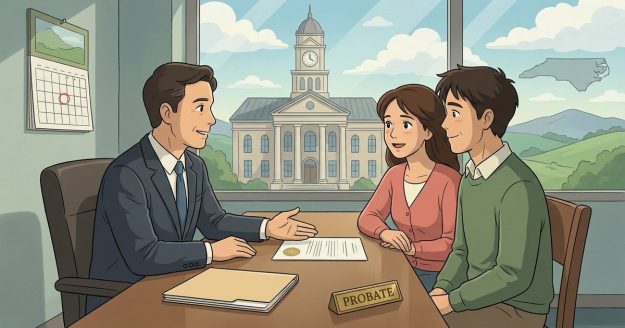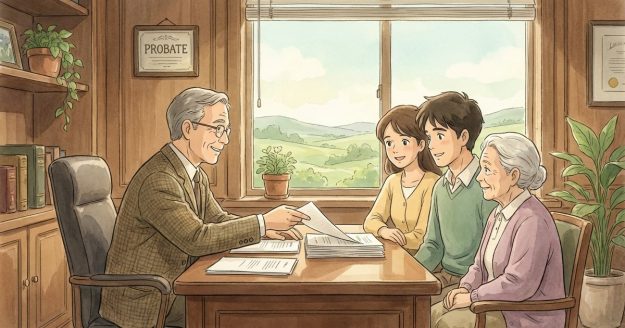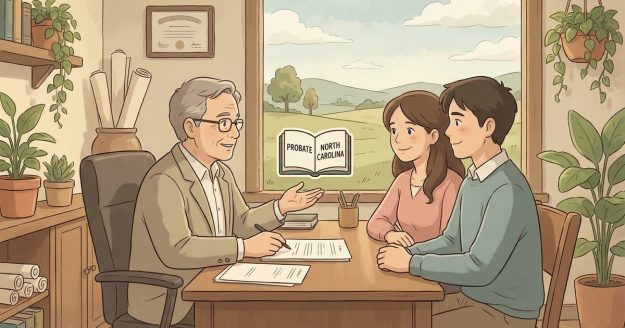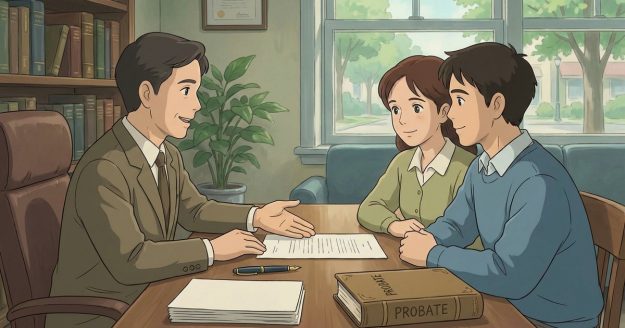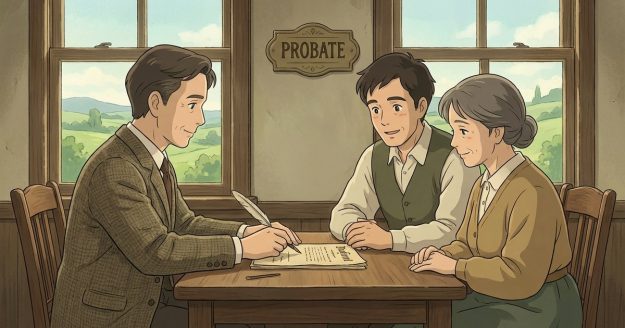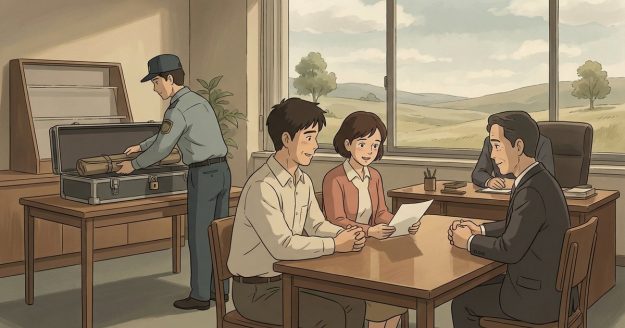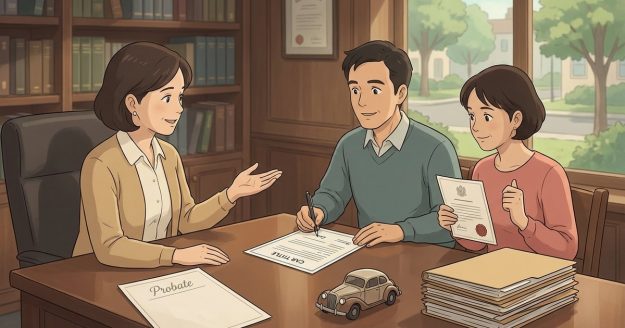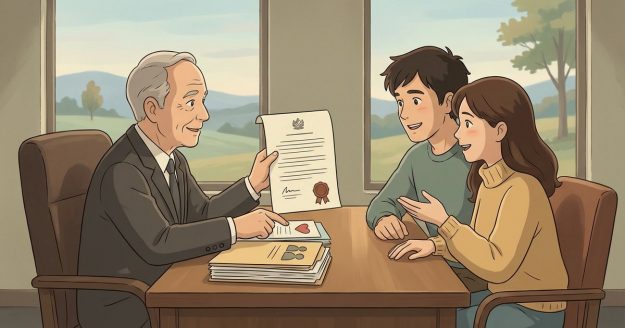What is the deadline to file a will contest after someone dies? NC
What is the deadline to file a will contest after someone dies? – North Carolina Short Answer In North Carolina, a will contest is usually filed as a caveat in the estate file with the Clerk of Superior Court. In most situations, the deadline is within three years after the will is admitted to probate,…

